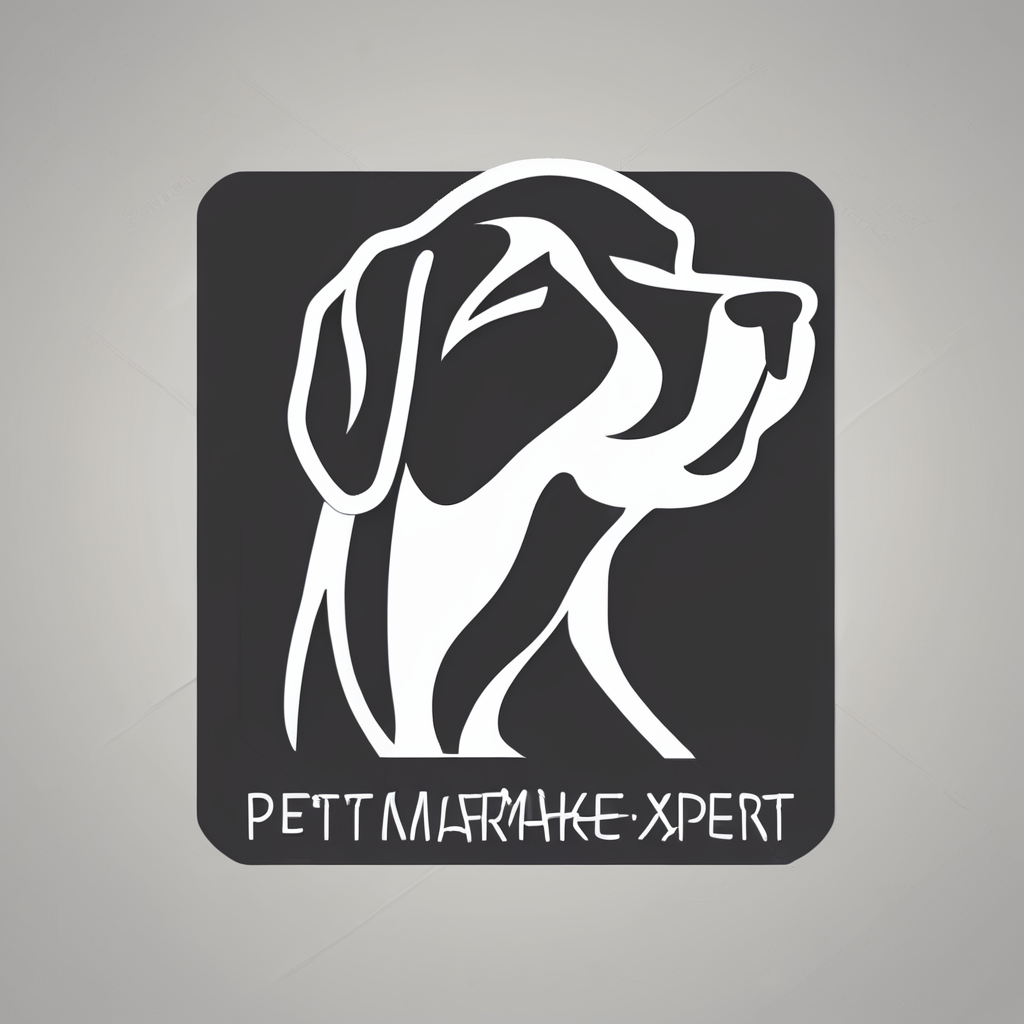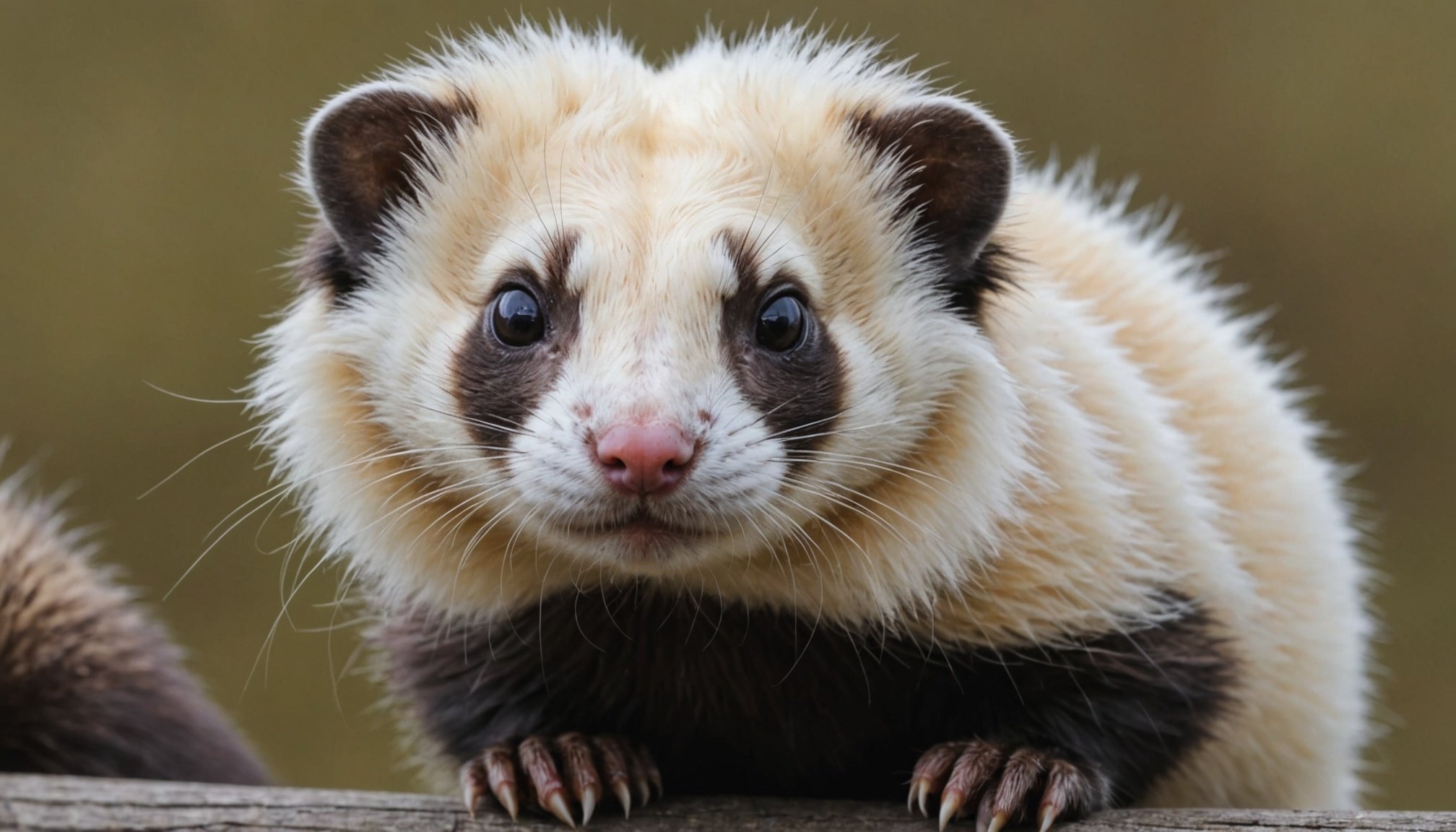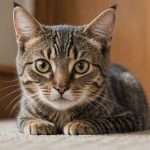Essential Grooming Techniques for Long-Haired Ferrets
Grooming techniques for ferrets are crucial to maintaining their health and appearance. Begin by securing the ferret comfortably. It’s important to be gentle, as ferrets can be quite wiggly. Establishing trust will make grooming easier.
Brushing and detangling fur is the primary focus. Use a soft-bristle brush and start from the tail, working upwards to avoid stress. Pay extra attention to any knots. Should you encounter tough tangles, work them out gradually using a detangling spray suitable for ferrets.
Also to see : Essential Tips for Protecting Your Pet from Heatwaves in the UK
Bathing is another significant aspect. Use ferret-specific shampoos and ensure the water is warm, but not hot. After shampooing, rinse thoroughly to eliminate any residue. This is important as residue can irritate their skin.
Drying techniques involve gently towel-drying the ferret, followed by using a low-temperature hairdryer if necessary. Always keep the dryer moving to avoid overheating any area.
In the same genre : Top Strategies for Successfully Socializing Your Newly Adopted Rescue Fox
During grooming, always observe ferrets for any signs of distress or discomfort, such as excessive squirming or vocalizing. Adjust your handling approach accordingly. Consistency in grooming builds their tolerance and ensures they remain cooperative in future sessions. Integrating these techniques will keep your long-haired ferret’s coat in pristine condition.
Addressing Common Grooming Challenges
Grooming ferrets can be a tricky task due to the unique grooming challenges ferrets present. Managing matting and tangles in long fur is among the most frequent issues. A slicker brush or a wide-toothed comb can gently work through these tangles. Regular combing sessions are essential to prevent matting from becoming unmanageable.
Ferrets often have sensitive skin or allergies, which requires carefully selected grooming products. Opt for hypoallergenic shampoos and conditioners specifically manufactured for delicate skin. Test any new product on a small skin patch before full application to mitigate adverse reactions.
For ferrets that resist grooming, patience and positive reinforcement are key. Gradually introduce grooming tools and processes, rewarding them with treats or affection. It’s also crucial to create a calm environment, minimising stressors.
If your ferret experiences any grooming challenges related to allergies, consider dietary adjustments. Consult a veterinarian for tailored advice, which can often lead to solution-oriented recommendations, enhancing your ferret’s quality of life. Addressing these challenges with perseverance and appropriate grooming tools can result in a better grooming experience for both the pet and the owner.
Frequency of Grooming
Understanding the grooming frequency for ferrets is essential for maintaining their health and hygiene. Typically, the recommended grooming schedule varies depending on the ferret’s environment and lifestyle. For ferrets with a more luxurious coat, regular grooming is crucial, often on a weekly basis. Meanwhile, those with a shorter coat might need less frequent grooming, such as bi-weekly or monthly sessions.
Certain factors can influence the grooming frequency. Seasonal changes are a significant consideration, as ferrets may require more grooming during shedding periods, usually in the spring and fall. Additionally, a ferret’s health status can affect these needs. If a ferret has a skin condition or an illness, increased grooming can alleviate discomfort and prevent further issues.
Observing signs that indicate a need for more or less grooming helps in tailoring the grooming schedule. If you notice mats or excessive shedding, increase grooming sessions. Conversely, if the fur appears sleek and mats are absent, it may be a signal to reduce frequency. Changes in coat appearance, combined with regular grooming, ensure your ferret remains in optimal health and comfort.
Breeds of Long-Haired Ferrets
In the UK, long-haired ferret breeds are becoming increasingly popular among enthusiasts who cherish their distinctive appearance. These ferrets, known for their luxurious coats, include breeds like the Angora and the Semi-Angora. They require tailored grooming routines to maintain their fur’s health and prevent matting.
Overview of Popular Long-Haired Ferret Breeds in the UK
The Angora ferret is renowned for its long, soft wool-like fur, demanding diligent grooming to avoid tangles. Another notable breed is the Semi-Angora, which features a medium-length coat that’s typically less maintenance-heavy but still requires regular care.
Unique Grooming Needs Based on Breed Characteristics
Long-haired ferrets need consistent grooming to prevent health issues like skin infections and hairballs. Angoras, with their fluffy fur, benefit from frequent brushing to avoid matting. Using a gentle, appropriately sized brush can significantly ease this process.
Breed-Specific Health Concerns Related to Grooming
Each breed has its peculiar health considerations. Angoras are prone to more frequent ear wax build-up due to the hair around their ears. Regular checking and cleaning are necessary to prevent complications.
Understanding these distinctive needs will ensure that each long-haired ferret breed remains healthy and vibrant. By providing proper care, ferret owners can guarantee that their pet’s fur remains both beautiful and manageable.
Local Grooming Services and Products in the UK
Finding the right ferret grooming services in the UK can be a daunting task. Many pet owners seek reliable care for their beloved pets but may not know where to start. When looking for grooming salons, search for those specifically experienced with ferrets. Ferrets have unique grooming needs, different from typical pets such as cats and dogs. Look for salons that not only offer grooming but also partner with veterinarians, ensuring they are familiar with ferret grooming services UK and their specific requirements.
Regarding products, there is a variety of online options to handle your grooming at home. Shampoo tailored for ferrets, specialised nail clippers, and gentle brushes can make a world of difference. Reviews often highlight the usefulness of choosing products from renowned pet stores, emphasizing quality and safety.
Why is finding the right veterinarian crucial? Veterinarians with grooming expertise can suggest effective grooming techniques and products suitable for your ferret. Always look for credentials and verify reviews for ferret grooming services. This will help ensure your pet gets the best care possible. Remember, proper grooming supports your ferret’s health and well-being, making it an essential aspect of pet ownership.











